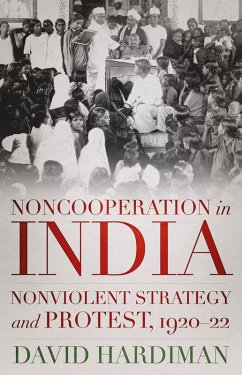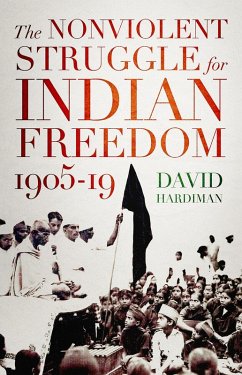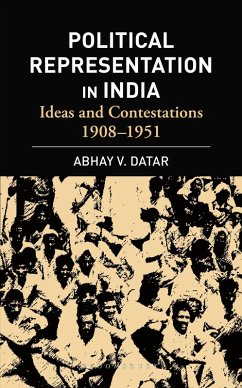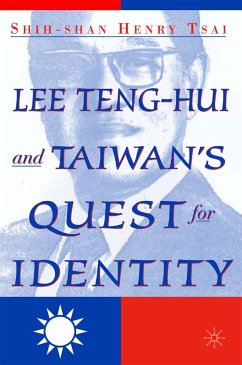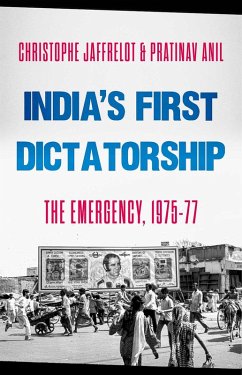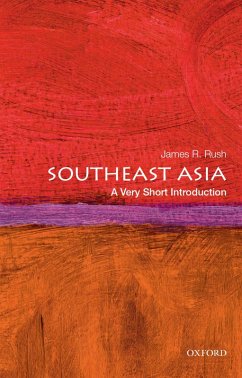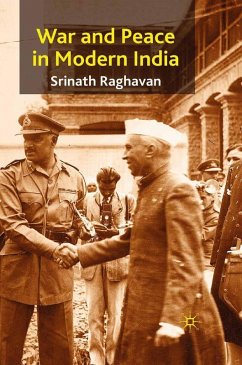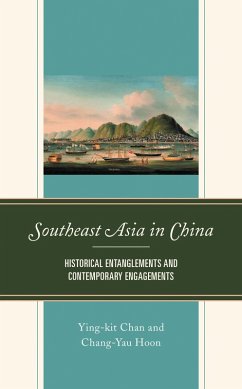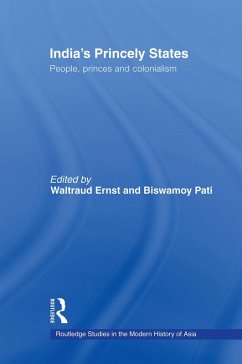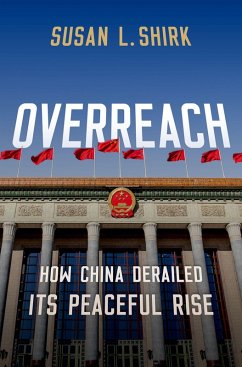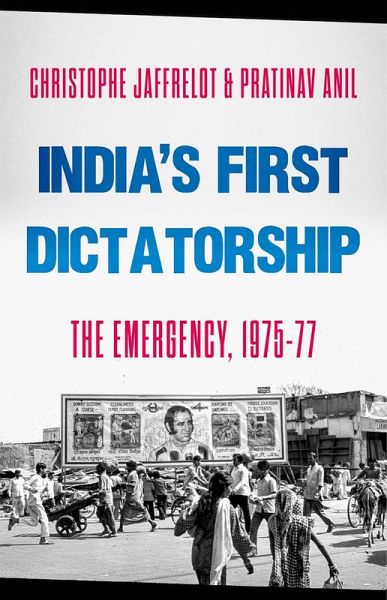
India's First Dictatorship (eBook, PDF)
Versandkostenfrei!
Sofort per Download lieferbar
41,95 €
inkl. MwSt.
Weitere Ausgaben:

PAYBACK Punkte
21 °P sammeln!
In June 1975 Prime Minister Indira Gandhi imposed a 'State of Emergency', resulting in a 21-month suspension of democracy. Jaffrelot and Anil explore this black page in India's history, a constitutional dictatorship of unequal impact, with South India largely spared thanks to the resilience of Indian federalism. India's First Dictatorship focuses on Mrs Gandhi and her son, Sanjay, who was largely responsible for the mass sterilisation programmes and deportation of urban slum-dwellers. However, it equally exposes the facilitation of authoritarian rule by Congressmen, Communists, trade unions, b...
In June 1975 Prime Minister Indira Gandhi imposed a 'State of Emergency', resulting in a 21-month suspension of democracy. Jaffrelot and Anil explore this black page in India's history, a constitutional dictatorship of unequal impact, with South India largely spared thanks to the resilience of Indian federalism. India's First Dictatorship focuses on Mrs Gandhi and her son, Sanjay, who was largely responsible for the mass sterilisation programmes and deportation of urban slum-dwellers. However, it equally exposes the facilitation of authoritarian rule by Congressmen, Communists, trade unions, businessmen and the urban middle class, as well as the complacency of the judiciary and media. While opposition leaders eventually closed ranks in jail, many of them collaborated with the new regime--including the RSS. Those who resisted the Emergency, in the media or on the streets, were few in number. This episode was an acid test for India's political culture. While a tiny minority of citizens fought for democracy during the Emergency, in large numbers the people bowed to a strong woman, even worshipped her. Equally importantly, Hindu nationalists were endowed with a new legitimacy. The Emergency was not a parenthesis, but a turning point; its legacy is very much alive today.
Dieser Download kann aus rechtlichen Gründen nur mit Rechnungsadresse in A, B, BG, CY, CZ, D, DK, EW, E, FIN, F, GR, HR, H, IRL, I, LT, L, LR, M, NL, PL, P, R, S, SLO, SK ausgeliefert werden.




